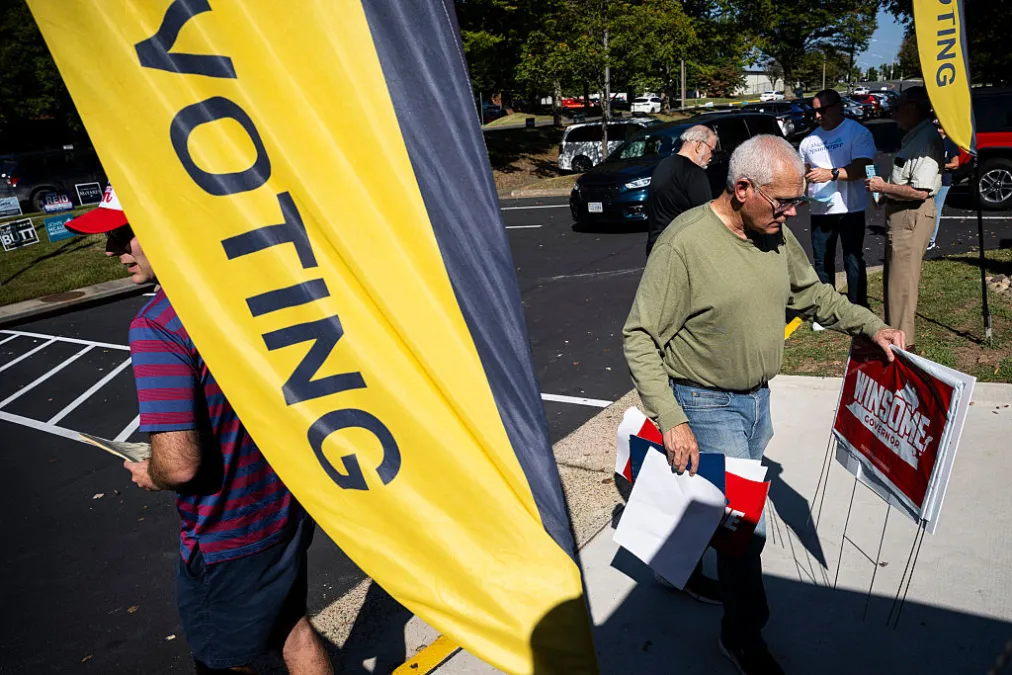Copyright time

The Fifteenth Amendment had prohibited denying or abridging voting rights based on race, color, or conditions of previous servitude. Yet, after its ratification in 1870, Southern states set about trying to circumvent the amendment's intent by devising new ways to shape, control, and limit voting. In every southern state, these efforts included new state constitutional conventions in the late 19th and early 20th centuries. These conventions enacted several well-known forms of voter suppression, including literacy tests and poll taxes. The goal was to limit the ability of African Americans to vote; these restrictions likewise disfranchised many poor whites. Between the presidential elections of 1880 and 1912, for example, Mississippi’s population grew by almost two-thirds while its electorate shrank remarkably. In 1912, only 3.5% of the state’s population voted. Yet, even as they were adding new discriminatory measures, these constitutional conventions offered Virginia, Louisiana, Kentucky, and Mississippi the opportunity to adopt the even-year election schedules used by the other states. Instead, they chose to maintain state-office elections apart from federal ones. (In Louisiana, they even held state elections in the spring of even-numbered years until 1975, when they moved to off-year elections.)



